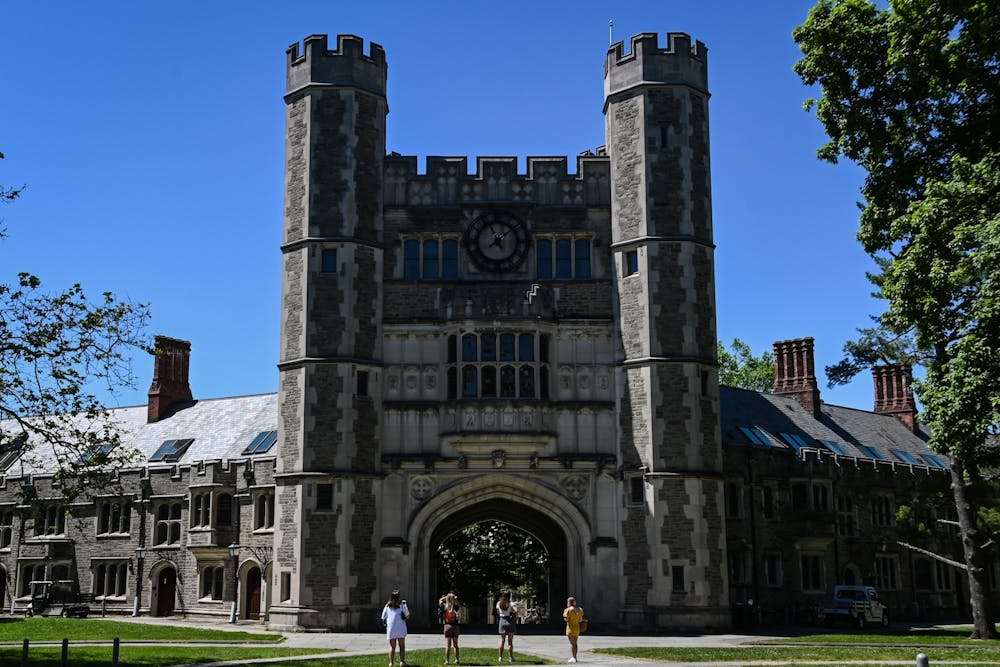
Princeton University announced last Thursday that students whose families earn less than $100,000 a year will have all of their fees covered by financial aid.
Starting in fall 2023, eligible students will be exempt from paying all college-related expenses, including room and board. They will also receive a $4,050 allowance for purchasing textbooks. To encourage students to pursue extracurricular and cocurricular activities, Princeton will no longer expect students to make the previous $3,500 student contribution.
Under the new guidelines, other students will also be eligible for additional financial aid, and families with income ranging from $100,000 to $300,000 could face lower expected family contributions after the policy is implemented.
Princeton estimated that approximately 25% of the undergraduate student body, or around 1,500 students, will benefit from this policy.
Princeton President Christopher L. Eisgruber said that the extended financial aid policy could not have been possible without donations from alumni and friends. In the 2021-2022 school year, Princeton’s Annual Giving campaign reached a record high of $81.8 million in contributions.
This is not the first time Princeton has pioneered a policy intended to make college more affordable. In 2001, it replaced student loans with scholarships. Penn adapted this policy in 2006, issuing grants instead of loans for students whose families made under $50,000. Penn increased that threshold to $60,000 the next year before going completely loan-free in 2009.
“Princeton’s historic support for lower-income students has made our distinguished liberal arts education available to a broad range of students from around the world,” Princeton Dean of the College Jill Dolan said in the announcement. “We’re pleased to take these next steps to extend the reach and effect of Princeton’s financial aid.”
At Penn, families with incomes up to $140,000 receive financial aid packages that cover “at minimum the cost of tuition,” according to Penn Today. Highly aided students — whose families earn less than $65,500 — receive aid that covers at least their tuition, fees, room, and board. All students have a minimum expected contribution of at least $3,000.
In January, Penn and 15 other universities faced a lawsuit alleging that the institutions illegally colluded to raise tuition. The suit also claimed that nine schools, including Penn, are not need-blind and factor in students’ abilities to pay when considering students on the waitlist.
In the lawsuit, former Penn Associate Dean of Admissions Sara Haberson admitted that admissions “tagged” candidates whose families made donations in the past to secure gifts in the future.
In March, the Penn Board of Trustees approved a 2.9% tuition hike for the 2022-2023 school year. Including housing, dining, and other fees, families are expected to pay $81,340. Approximately 44% of students received grant-based financial aid last school year.
The Daily Pennsylvanian is an independent, student-run newspaper. Please consider making a donation to support the coverage that shapes the University. Your generosity ensures a future of strong journalism at Penn.
Donate






